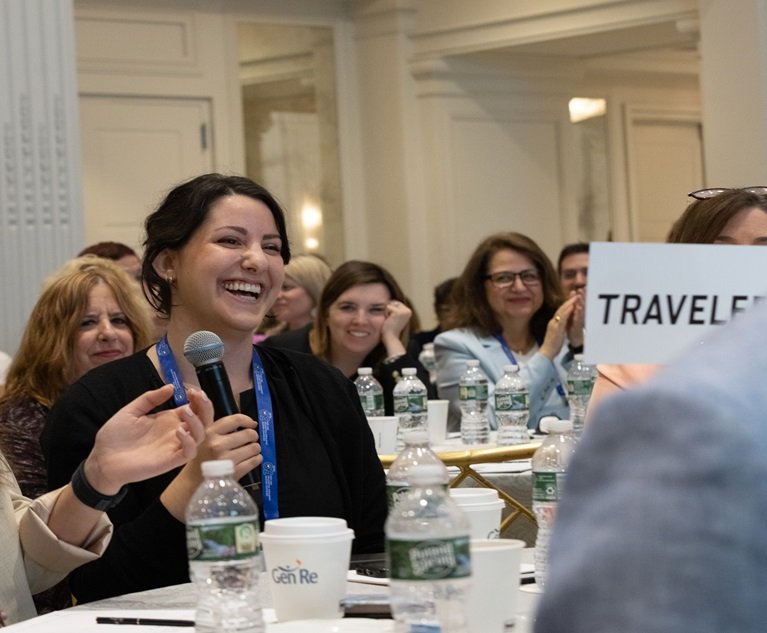Unless you've been paying close attention, you might not havenoticed that the Internet Tax Freedom Act is about to expire onNov. 1, and unless Congress does something about it, this couldresult in a whole new spate of taxes from local or stateauthorities on Internet access.
|First adopted in 1998 and renewed in 2004, the law protects usagainst government entities putting taxes on Internet access theway they do on telephone usage.
|Predictably, however, unscrupulous politicians (are there anyother kind?) have put a time limit on the tax moratorium.
|Some are saying that it's time to extend the protection again,but many, including myself, wonder why the moratorium is not madepermanent.
|Most people seem to agree that not taxing the Internet is a goodidea, but there is strong disagreement from those who fear that apermanent ban would allow any Internet purchase to be free of stateand local sales taxes.
|Poppycock! A new, permanent bill could specifically set forththat the ban is on access and usage taxes, not on legitimate salestaxes. Certainly the lawyers could work that out (although theymight rather fight it out in court and pull in big fees–but that'sanother topic).
|The Center on Budget and Policy Priorities, a liberal-leaning,Washington, D.C.-based think tank, says making the act permanent“could adversely affect state and local government revenues, andtherefore the availability of funds for important services likeeducation, health care and law enforcement.”
|In other words, making the moratorium permanent could shut offthe potential stream of money from our pockets to the leaky coffersof our governments.
|Maybe it's just me, but that idea doesn't exactly strike fearinto my heart. After all, the government is doing a fine jobwasting our money without the extra income to be gained by savagingthe Internet.
|Interestingly, the equally liberal-leaning Los Angeles Times isin favor of Washington enacting a permanent ban on Internettaxation.
|In an online editorial, the media outlet points out that such amove would help keep down the price of broadband service, allowingthose with lower incomes better access. They also note,disturbingly, that “several states are poised to institute newtaxes on Internet access the moment the current moratoriumlapses.”
|The think tank added that nine states already derive $80-to-$120million in annual revenues from “grandfathered” taxes on Internetaccess services–thus the permanent ban would deprive them of thisincome.
|That's a little bit like saying people shouldn't put buttons ontheir pants pockets, because the livelihood of pickpockets willsuffer as a result.
|These states will find other ways to raise money, or–heavenforbid–economize so the additional funds aren't needed. It seems tobe working in the other 41 states.
|And what effect will additional taxes have on the insurance andfinancial services industries?
|Let's just say that at a time when insurers and agents inparticular are trying to get customers to do more buying andbusiness communications online, anything that discourages thatactivity is a negative factor.
|Let's face it: One of the appeals of the Internet is that, otherthan your minimal ISP fees, access is free of charge.
|Congress has never met a tax it didn't like, so don't discountthe possibility that it will choose to let the moratorium end. Whoknows, they may even find a way to get part of those state taxesfunneled to the federal government.
|It doesn't seem likely they will do that, however, becauseallowing taxes on Internet access could be a huge drag on commercein a U.S. economy that currently features a steadily decliningdollar and troubled real estate and mortgage industries.
|Even though most of our representatives in Congress are morethan capable of hurting the U.S. economy, they would still be waryof being blamed for further decline–and thus, not re-elected.
|The most likely scenario is another temporary extension, andthat is a shame, because it leaves the door open for another effortto fleece the consumer and to strap ankle weights to an economythat is struggling to get up to speed.
|It puts one in mind of the bridge from the Beatles song“Taxman”:
|(If you drive a car) – I'll tax the street;
|(If you try to sit) – I'll tax your seat;
|(If you get too cold) – I'll tax the heat;
|(If you take a walk) – I'll tax your feet.
Want to continue reading?
Become a Free PropertyCasualty360 Digital Reader
Your access to unlimited PropertyCasualty360 content isn’t changing.
Once you are an ALM digital member, you’ll receive:
- All PropertyCasualty360.com news coverage, best practices, and in-depth analysis.
- Educational webcasts, resources from industry leaders, and informative newsletters.
- Other award-winning websites including BenefitsPRO.com and ThinkAdvisor.com.
Already have an account? Sign In
© 2024 ALM Global, LLC, All Rights Reserved. Request academic re-use from www.copyright.com. All other uses, submit a request to [email protected]. For more information visit Asset & Logo Licensing.








